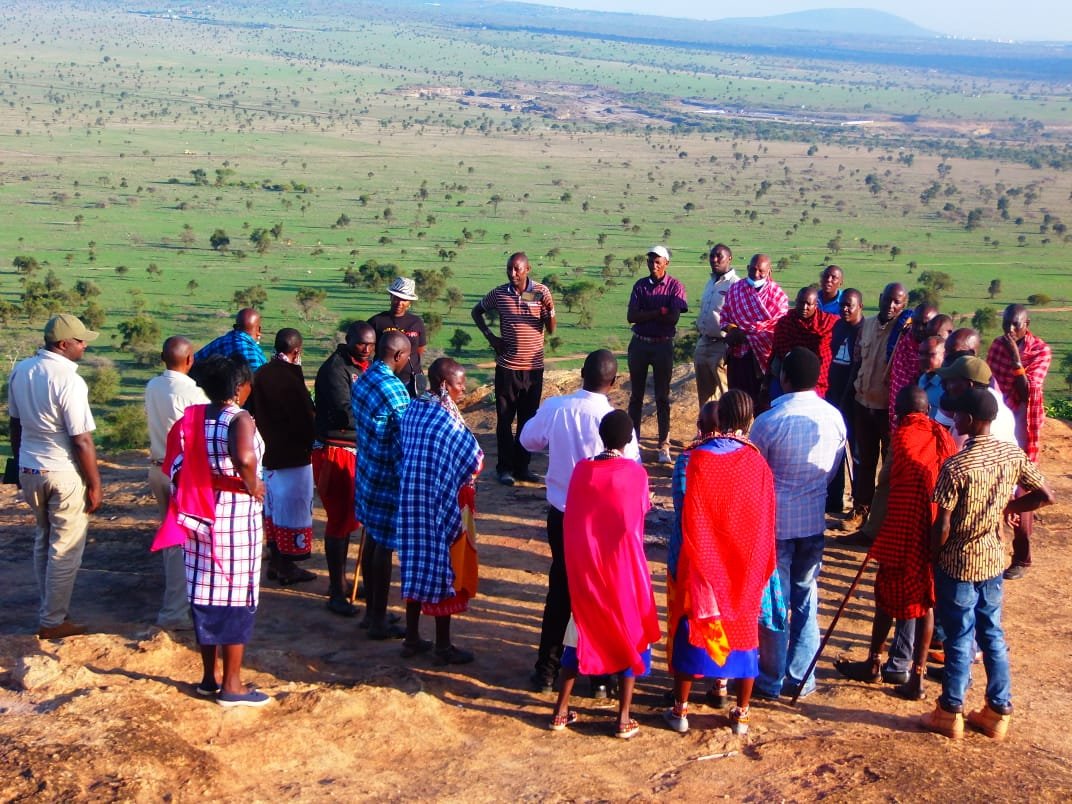
Free, Prior, Informed Consent
Free, Prior and Informed Consent (FPIC) is a process that centers on engaging Indigenous Peoples and Local Communities in an active dialogue about any development activities that are undertaken on the lands they occupy.
Key Elements
Free
Consent is given voluntarily without coercion, intimidation, or manipulation
Prior
Consent is sought sufficiently in advance of any authorization or commencement of activities
Informed
All relevant information is provided, covering scope, duration, risks, impacts, and benefits, in an accessible and culturally appropriate manner
Consent
Indigenous peoples have the right to give or withhold consent to proposed projects that may affect them or their territories
Why it matters
Although Indigenous Peoples make up just 6% of the world’s population, their lands hold the majority of the world’s remaining biodiversity
We must protect their rights not only as an issue of human dignity, but as the guardians of biodiversity and holders of indigenous wisdom
Read more on this topic by the World Resources Institute
FPIC: Recognized as necessary, but poorly enforced
Although FPIC is a right that is recognized by international standards like the UN Declaration on the Rights of Indigenous Peoples (UNDRIP) and the International Labor Organization Convention, violations are widespread across projects in the carbon markets, renewable energy, mining, and more
Read more on this issue from reporting at Grist
FPIC is essential to onboard a community onto a nature project for long-term positive outcomes
When communities are genuinely engaged and have ownership over decisions, they are more likely to steward the land and support conservation goals over time. FPIC creates the foundation for trust, local buy-in, and equitable benefit-sharing — key ingredients for lasting impact
Read more on the topic of permanence by the Integrity Council for the Voluntary Carbon Markets
EarthAcre FPIC Toolkit
We provide a scalable way to educate, onboard, and reward local individuals onto a nature-based project, even within complex community structures in remote areas.
EarthAcre provides partners with standardized educational materials to take landowners and key stakeholders through a rigorous, 7 part training. Community training is done in multiple local languages, and is used to gather insights and concerns from the communities we serve. Throughout the community training, efforts are made to build consensus and actively consider and address individual concerns. This process underscores transparency, inclusivity, and accessibility, fostering an environment where all community members feel empowered to contribute and to onboard individually.
Our digital platform allows for project managers to onboard individual landowners into nature projects. The platform facilitates ease of access to support, record consent at the individual level, and provide direct compensation. Ongoing engagement with stakeholders can be maintained, with communication strategies adapted based on feedback and changing project dynamics.
Contact us to see it in action.
FPIC Development Process
The EarthAcre FPIC process builds on best practices put forth by the Kenya Ministry of Environment, Natural Resources Regional Development Authorities and the Kenya Wildlife Conservancies Association (KWCA).
Our process has been led by Patita Nkamunu, a recognized champion of human rights in Kenya and who represents Indigenous Women on the board of KWCA, currently with a membership that supports over 700,000 households.
Our legal and community sensitization work is driven by Elizabeth Gitari-Mitaru, who previously served as the Chair of East African Wildlife Society and a professor of Environmental Law at Riara University.
EarthAcre has developed standardized guides on carbon and nature markets tailored for indigenous communities in East Africa, which are made accessible to all landowners.
Key Stages in the FPIC process
Stakeholder Identification
Two-way information sharing
Community trainings
Negotiations and consent
Establishment of grievance mechanisms
Continuous engagement and monitoring
To learn more about the FPIC process:


